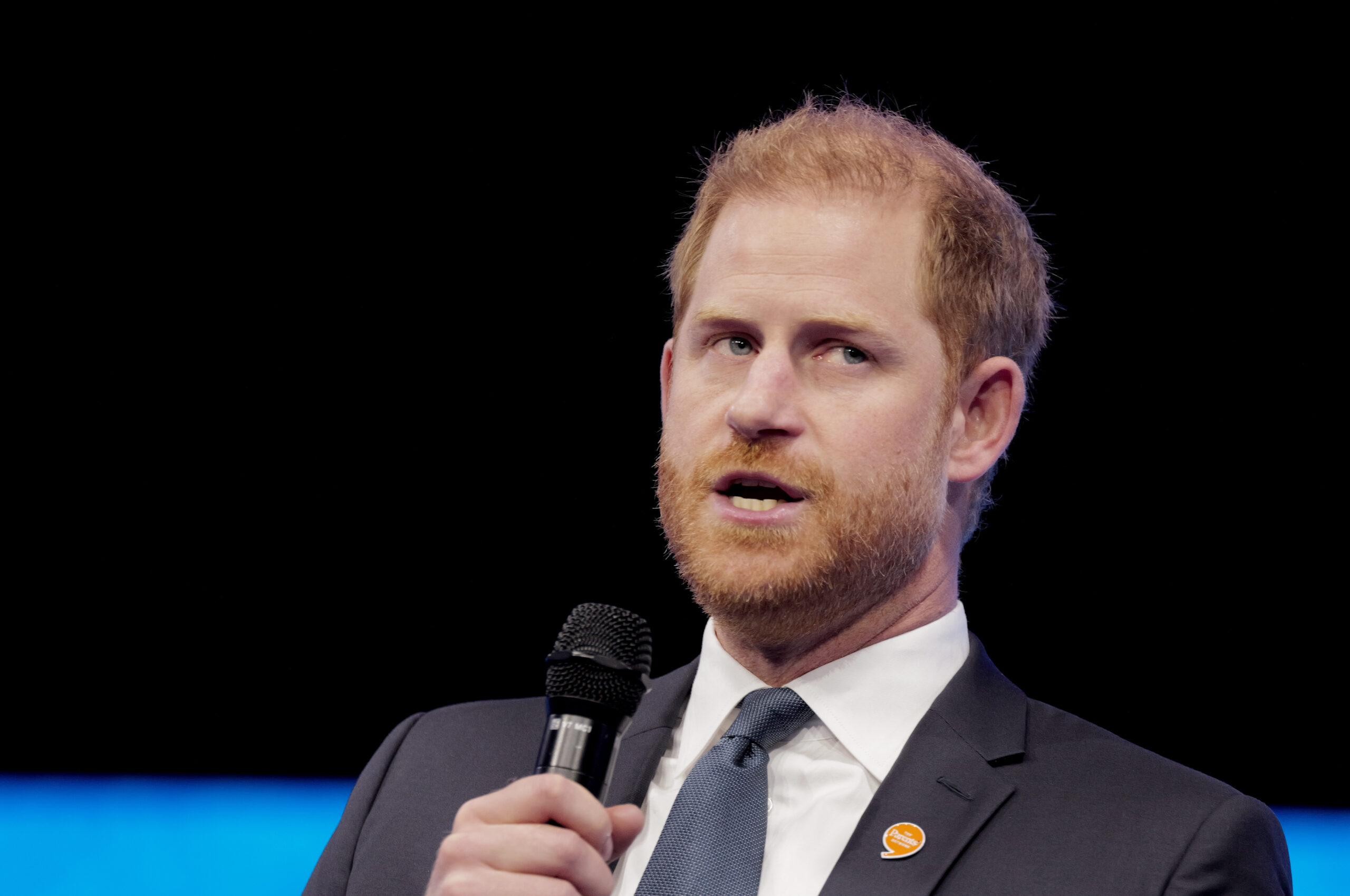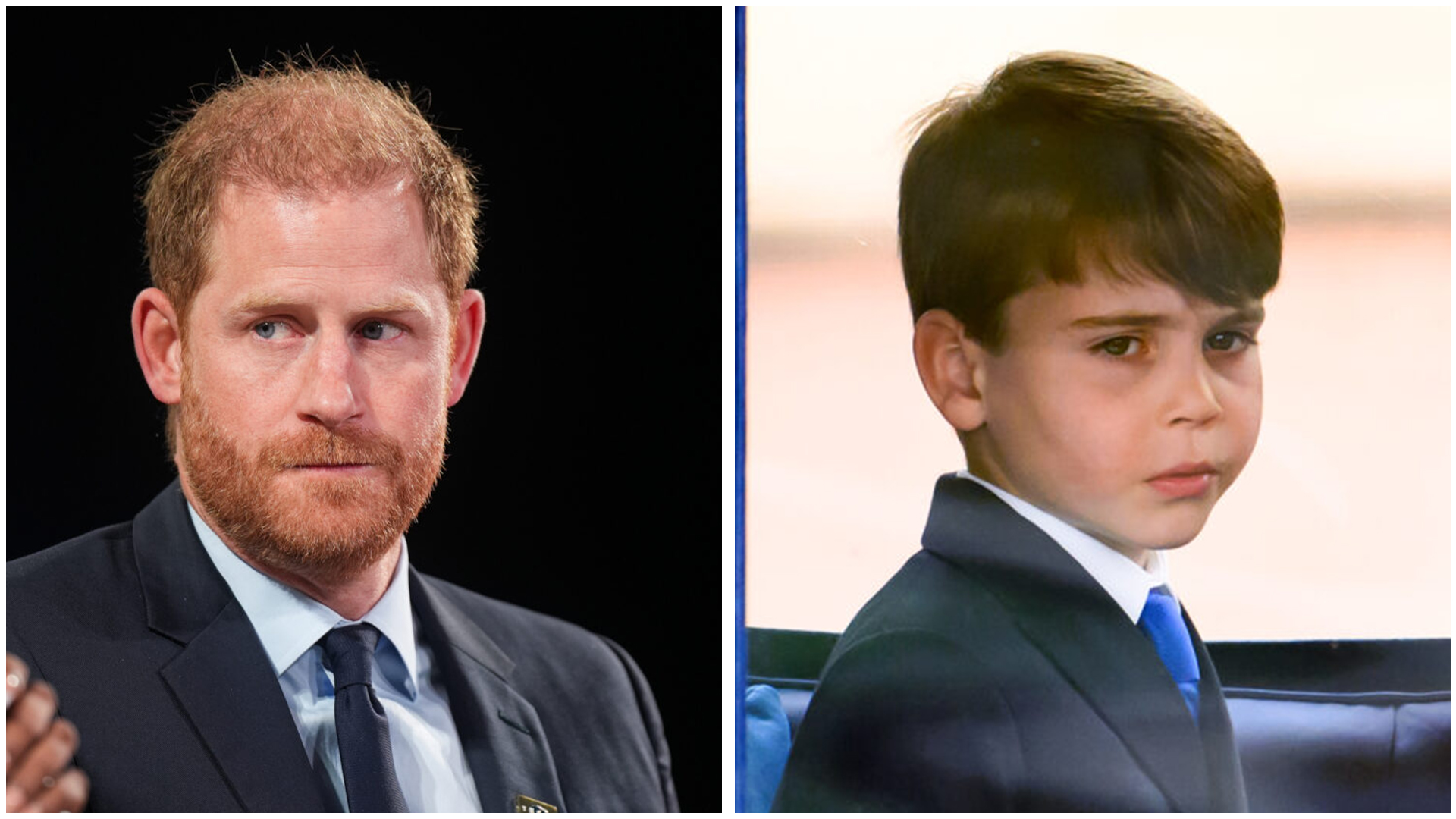The passage of time is unmistakable, especially when it comes to the royal family. Observers can’t help but notice the swift maturation of Prince George, Princess Charlotte, and Prince Louis, who represent a promising future for the British monarchy. As the eldest, George stands at the forefront, destined for the throne, while his younger siblings, Charlotte and Louis, embark on their own unique journeys filled with opportunities and adventures. Yet, amid their royal responsibilities, one crucial element remains paramount: their childhood. Prince William and Kate Middleton seem acutely aware of the importance of nurturing these formative years, prioritizing play, exploration, and family bonding.
In parallel, across the Atlantic, another royal narrative unfolds. Prince Archie and Princess Lilibet, the children of Prince Harry and Meghan Markle, are also growing up in a different context, far removed from the British press and public eye. Nestled within the comforts of their multimillion-dollar mansion, they enjoy a lifestyle shaped by their parents’ choices. While Harry and Meghan have opted for privacy, they have not shied away from making headlines, often through their philanthropic endeavors and public statements. This choice creates a distinct contrast to their British cousins, whose lives remain under a more traditional royal lens.
The dynamics between these two branches of the royal family have become increasingly complex. Reports indicate that Prince George, Princess Charlotte, and Prince Louis have lost some contact with their uncle Harry, a relationship that once seemed robust. George and Charlotte had formed a close bond with Harry before his departure from royal duties, which has left an emotional void, particularly for young Louis. He is now at an age where relationships with extended family can shape his understanding of identity and belonging, yet he has missed out on crucial experiences due to the current family dynamics.
Harry has expressed a desire to remain part of his nieces’ and nephew’s lives. His reflections reveal a sense of longing and disappointment regarding the distance that has developed. In his memoir, “Spare,” he shares his hopes for frequent visits and playful interactions that never materialized. This sense of alienation could have long-term implications for both the children and their relationships with each other, as they grow up in a world where royal duties and personal aspirations often collide.

One of Harry’s most poignant gestures was his decision to gift rare first editions of classic literature to each of his nieces and nephew. This thoughtful choice is not merely a gift but a nod to family tradition and a way to maintain a connection with them. For instance, Harry chose an original edition of A. A. Milne’s “Winnie the Pooh,” which holds sentimental value rooted in his childhood memories of his mother, Princess Diana. Such gestures highlight Harry’s affection, even from afar, while also revealing his desire to foster a sense of continuity and familial love amidst the growing distance.
Despite these heartfelt intentions, Harry has voiced concerns about the potential burdens that might fall on Charlotte and Louis as they grow. His worries echo his own experiences of being labeled the “spare,” a term that carries implications of lesser importance and increased pressure. Harry fears that at least one of his brother’s children may face similar challenges, navigating a world where they might feel overshadowed by their older sibling, George. This sentiment underscores a deeper narrative about the roles and expectations placed on royal children, particularly in a modern context where individuality and personal fulfillment are increasingly valued.
Royal experts have weighed in on these complex family dynamics, suggesting that William and Kate are not blind to the challenges their children may face. They are committed to nurturing an environment where Charlotte and Louis feel equally valued and loved. The couple’s modern approach to parenting indicates they want their children to pursue their interests and passions, rather than conforming strictly to traditional royal roles. This includes encouraging Louis, in particular, to explore various paths—be it military service, charity work, or another career—once he completes his education.
Royal expert Jennie Bond emphasizes the importance of a balanced upbringing for all three children, stating that William and Kate are likely to foster a sense of equality among them. Rather than viewing them through the lens of “heir and spare,” the emphasis will be on teamwork and mutual support. This forward-thinking attitude may pave the way for a new royal narrative, one that focuses on collaboration rather than competition.
The possibility of Louis and Charlotte pursuing careers outside of royal duties has sparked discussions about the future of the monarchy itself. As the royal family adapts to changing societal norms, the idea that royal children might choose their paths rather than be confined by tradition is gaining traction. Royal expert Camilla Tominey suggests that William and Kate are keen on ensuring that their children develop individual identities and avoid becoming mere royal figures without purpose.
While the idea of working royals is not new, the landscape has shifted considerably. The current generation of royals is being raised in an era where personal fulfillment and public service can coexist, allowing them to forge meaningful connections with the broader world. As they navigate their responsibilities, the lessons learned from their parents may serve as a foundation for their future roles within the monarchy.

The question of whether Prince Louis will take on a more traditional royal role or carve out a unique path is one that many are eager to explore. As he grows, he may become a significant figure within the royal family, contributing to its legacy while also pursuing personal ambitions. His journey will likely involve finding a balance between royal commitments and individual aspirations, a theme that resonates with many in today’s society.

Meanwhile, as George, Charlotte, and Louis continue to grow, their relationship with their uncle Harry may evolve as well. The absence of Harry from their lives raises questions about their understanding of family dynamics and the reasons behind his distance. Royal commentator Lydia Alty notes that the children are likely beginning to ask questions about Harry, wondering why their interactions have diminished. As they navigate their own identities, the impact of their uncle’s choices may become a topic of curiosity and discussion.

Ultimately, the evolution of the royal family signals a broader shift in how we perceive monarchy. The story of Prince Louis, Princess Charlotte, and Prince George is not just about royal duties; it’s about family, love, and the pursuit of personal fulfillment. As they grow, the potential for each child to forge their own path becomes increasingly apparent. In this new chapter of royal life, the focus may shift from rigid expectations to a more nuanced understanding of what it means to be part of a family while carrying the weight of tradition.

As this next generation continues to evolve, the royal family may find a way to redefine their roles, blending tradition with modern values. The challenges they face will shape their identities, relationships, and the future of the monarchy, creating a narrative that is uniquely their own while still rooted in the rich history of their lineage.
